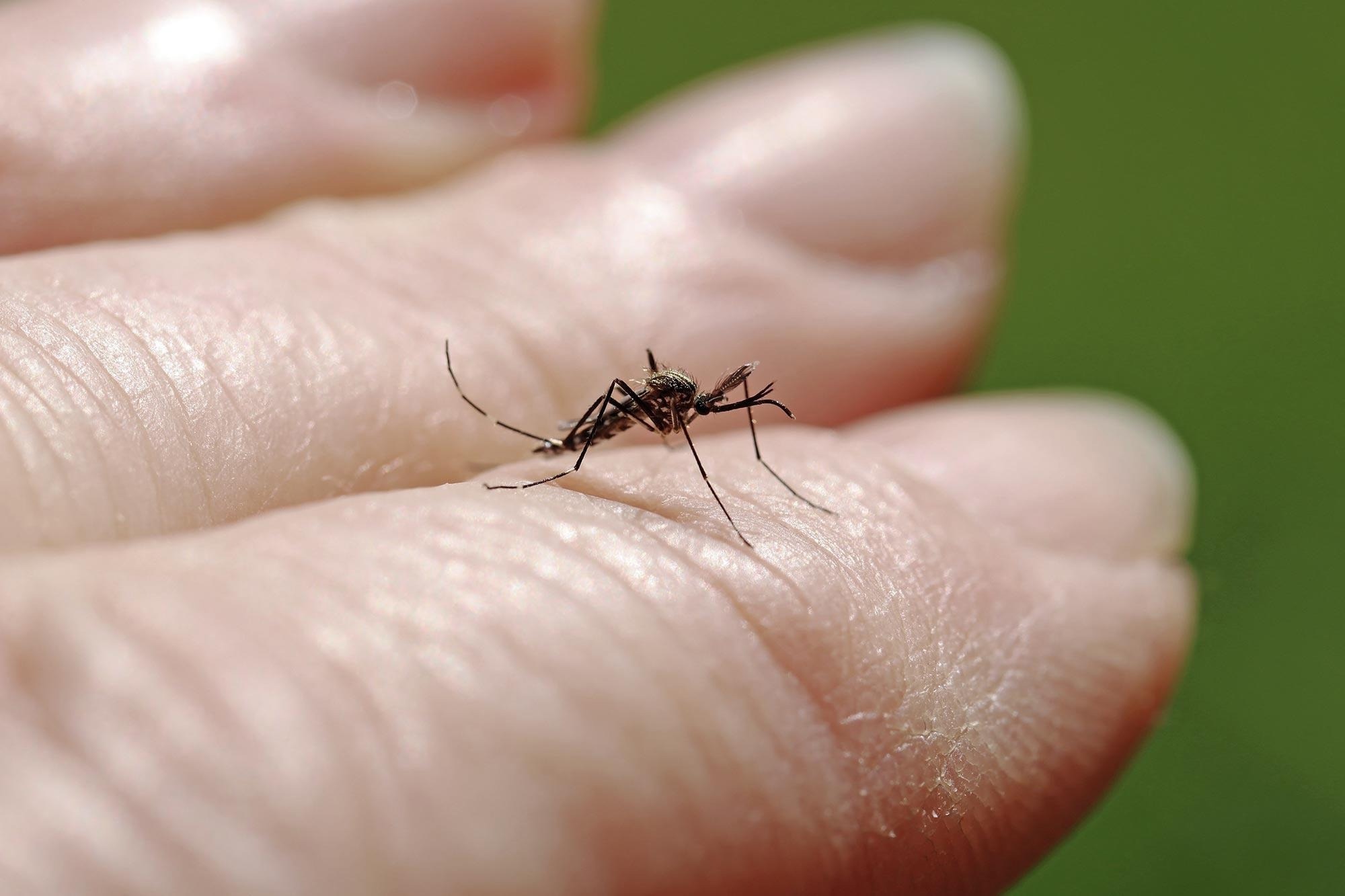According to new research published in Thermal Biology, mosquitoes have thermal inclinations, a significant parameter to better forecast outbreaks of diseases that such insects have transmitted.

Image Credit: Swiss National Science Foundation.
If they have a choice, when it's hot, mosquitoes hide in a cool place to rest.”
Niels Verhulst, Study Author, Swiss National Science Foundation
At the University of Zurich, the entomologist outlines the outcomes of the experiment he performed with his team and with the assistance of the Swiss National Science Foundation (SNSF).
The researchers have been working for several years to gain better insights into mosquito behavior. These insects are vectors of several significant pathogens for humans and animals, which result in dengue, West Nile fever, or malaria, so it is vital to be able to forecast how their populations develop.
Four Degrees Less Are More Restful
For the first time, Verhulsts’ study analyzed the thermal preferences of the insects outside a laboratory. As a result, he noted the temperature of the places where the mosquitoes rested—an activity that occupies a majority of their time when they were liberated in a large and unique cage outdoors during summer.
Particularly, he introduced between 100 and 200 females of the species Aedes japonicus, or in English Asian bush mosquito, into the cage on 19 occasions.
This cage was fitted with three resting boxes whose temperature had been treated to make a comparatively cool microhabitat with around 18 °C for the experiment and a warm microhabitat with nearly 35 °C besides an untreated ambient microhabitat with approximately 26 °C.
It is easy for mosquitoes to freely enter and leave the boxes. For every trial, mosquitoes that were resting in the three boxes were counted five times, once every two hours.
The scientist noted that among the resting boxes, the preference of the mosquitoes’ was given for the coolest box. This phenomenon turned out to be highly pronounced during the day, as there was an increase in the ambient temperature.
Across the experiments, the resting temperatures of Aedes japonicus were on average four degrees lower than the ambient temperatures measured by the nearby weather station.”
Niels Verhulst, University of Zurich
These outcomes need to be refined over longer periods, especially with infected mosquitoes that have the potential to transmit diseases. For instance, researchers are not aware if such mosquitoes also favor cooler temperatures or whether they choose warmer places to shed pathogens, similar to a body's fever reaction when infection.
Microclimates That Favor Survival
In any situation, the thermal preferences of mosquitoes are a significant parameter to consider in models for forecasting disease transmission.
Currently, models cannot correctly predict the development of mosquito populations and their pathogens since they are based on ambient temperatures measured by weather stations. However, these stations measure temperatures at an altitude of two meters in the middle of fields, where no mosquitoes are found anyway.”
Niels Verhulst, University of Zurich
Verhulst added, “Thus, based on this average temperature alone, a model could estimate that mosquitoes cannot survive in a certain area because it is too hot, while in reality, by finding cooler microclimates, the mosquito will be quite capable of reproducing and transmitting diseases.”
Furthermore, refining the models by considering this parameter will also be significant for anticipating population movements of the insect after climate change.
Source:
Journal reference:
Ziegler, R., et al. (2023) Temperature preference of sugar- or blood-fed Aedes japonicus mosquitoes under semi-natural conditions. Journal of Thermal Biology. doi.org/10.1016/j.jtherbio.2023.103592.